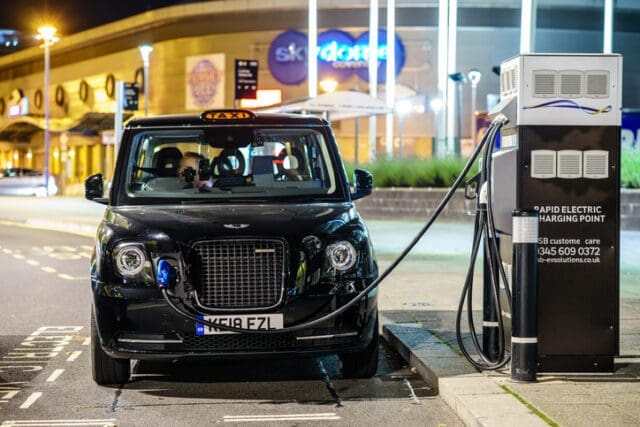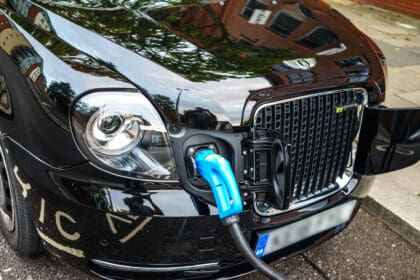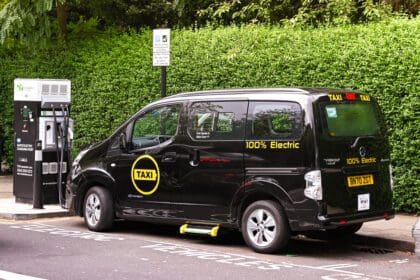Plans to make all public hire taxis in Reading ultra-low emissions by 2028 have been described as a “noose around our necks” by drivers who say it will force them off the roads.
In a bid to reduce emissions and hit its net-zero carbon deadline of 2030, Reading Borough Council wants to replace petrol and diesel cabs with ultra-low emissions vehicles, such as EV and hybrid black cabs.
It has launched a consultation into proposals to phase out older, more polluting cabs within four years – two years ahead of the town’s net-zero carbon target – meaning that every cab hailed in the street or at a taxi rank will be ULEV.
Concerns
But the Reading Chronicle reports that the drive has sparked concern among the town’s cabbies who say they cannot afford to make the switch and fear the move will force them out of the trade.
Among them is Asif Rashid, chairman of the Reading Taxi Association (RTA), who says it would make him quit after 25 years as a cab driver.
He told the council’s licensing applications committee: “We feel like we’ve got a noose round our necks. Every so often, another knot is tied around our necks. We know the problems we’ve got [with pollution] but it’s not all by hackney carriages.
“It’s suffocating us. This policy is going to destroy the trade.”
Cost
For Mr Rashid and other cabbies, the biggest issue they face is the huge cost of buying a new ULEV cab. While there are government grants of £3,000 to £6,000 available to help drivers replace older petrol or diesel cabs, Mr Rashid said it will make little difference when a ULEV taxi currently costs £72,500.
With current pollution targets and clean air schemes in place, there is little trade-in demand for older, more polluting vehicles such as 10 to 15-year old black cabs with hundreds of thousands of miles on the clock.
Mr Rashid also told the committee that a promise to waive cab licence fees has not been met.
He said: “We need some breathing space, you can’t keep suffocating us. If the situation gets worse, I’d be the first to walk away, I’ve been a cab driver for 25 years and a chairman for 15 years.”
Consultation
The committee was asked to consider additions to the policy that all replacement vehicles should be minimum ULEV and less than five years old by October, 2028.
It was also agreed the vehicle age policy should be that all ULEV vehicles must be removed from the fleet after a maximum of 15 years. But the committee agreed that each vehicle will be assessed on its own merit and could have an extension of a year and a maximum of two years on the renewal of a driver’s licence.
The huge cost of replacing existing cabs with ULEV taxis was acknowledged by Cllr David Stevens (Labour, Abbey). He told the committee: “What worries me is the sheer cost. We don’t want to crush the drivers out and lead them to leave the trade.”
The committee unanimously decided to begin a consultation into the additions to the policy. The results of the consultation will be discussed by the committee at a meeting in November.
Taxi drivers work out the cost of purchasing a new vehicle and budget for it in their business plan – as well as taxi insurance, breakdown cover maintenance and repairs, etc – over a number of years. They are faced with a very difficult decision if the deadline to replace it is brought forward and the cost has increased dramatically.
It is hoped a compromise can be reached so that committed drivers aren’t forced off the road because they can’t afford to replace their cabs.




